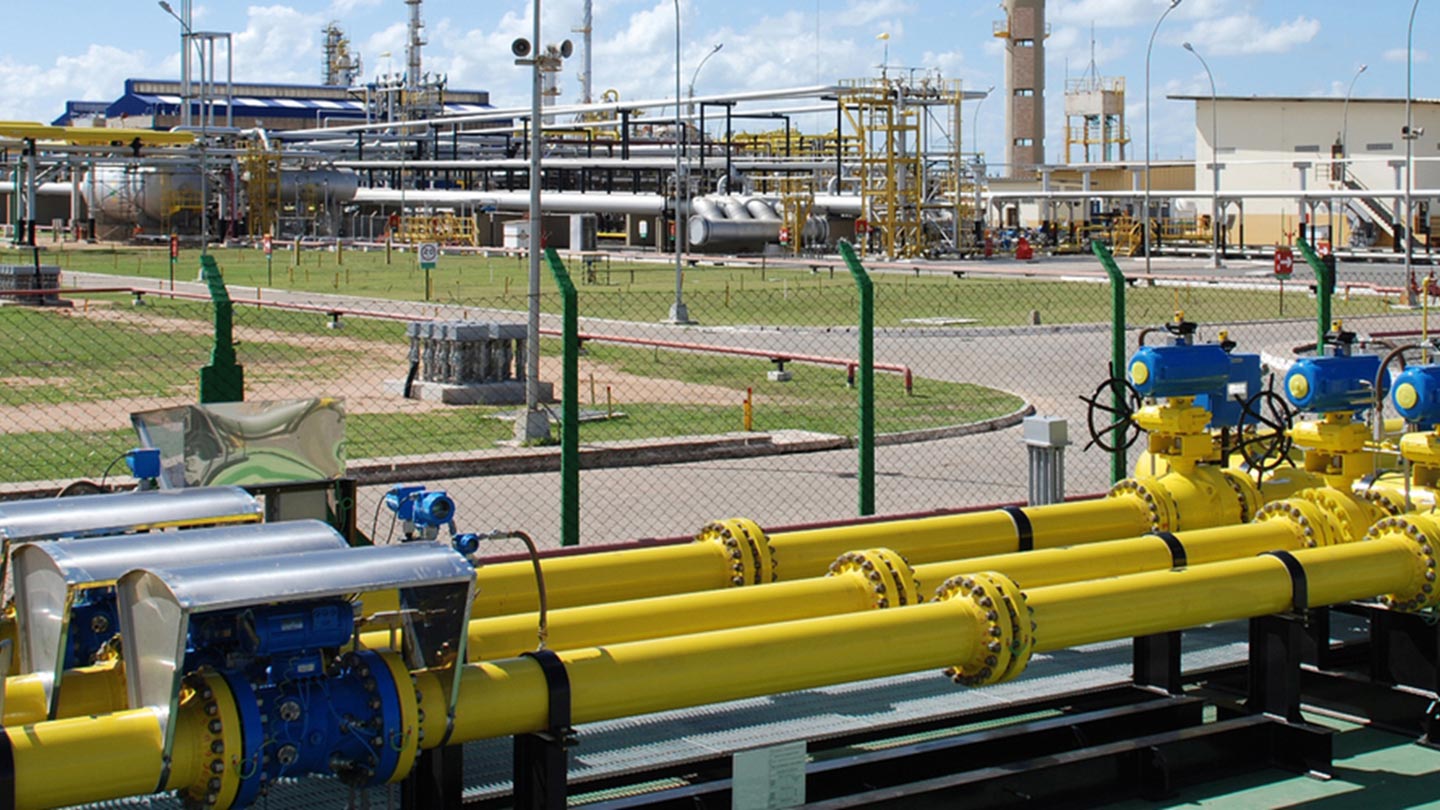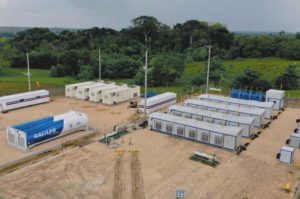Tapping Brazil’s natural gas potential
Galileo Technologies aims to tackle the country’s lack of pipeline capacity through road tankers – Petroleum Economist

Brazil’s natural gas sector is poised for profound change. After years of intense focus on the country’s enormous pre-salt oil reserves, the government is finally shifting its efforts towards the domestic gas market.
State energy firm Petrobras has been tasked with leading the vanguard for change. The Brazilian company is in the process of radically shedding its gas portfolio, the result of an anti-competitiveness probe last year, a measure further supported by a raft of government reforms aimed at greater market participation and investment.
But while Petrobras’ pipeline and infrastructure sales are among the highest-profile opportunities, international investors are already turning their attention to the country’s significant gas potential. LNG-focused Brazilian supplier Golar Power, a subsidiary of shipper Golar LNG, signed an agreement in early July with Argentinian firm Galileo Technologies to commercialise and distribute 30mn t/yr of gas through Brazil’s road network.
Petroleum Economist spoke with Galileo’s CEO Osvaldo del Campo about the project and further growth prospects for the natural gas sector in Brazil.
How will Galileo’s technologies help promote LNG adoption in Brazil?
Del Campo: Our Gas 3.0 technologies make it possible to deliver gas everywhere, regardless of the scale. We are able to treat and liquefy gas at the source, transport it by road as LNG, and transfer it to vehicles or regasify it with less complexity and at a lower cost compared to current practices. This brings greater efficiency that can serve new customers at longer distances than those served by conventional pipeline infrastructure. Galileo is entering into alliances all over the world with other companies to enable the development of these innovative concepts.
The Brazilian government is in the process of liberalising the domestic gas sector. What opportunities does this present for companies?
Del Campo: For some years now, the Brazilian government has established that the transport of natural gas by road, where Galileo has large experience, is a free and non-regulated market. Brazil is a market with important industrial development, but paradoxically, conventional pipeline coverage is relatively low. This is a great opportunity for both companies.
“Brazil is a market with important industrial development, but paradoxically, conventional pipeline coverage is relatively low” Del Campo, Galileo
How much of a limitation is lack of domestic gas infrastructure in Brazil?
Del Campo: More than a limitation, it is an opportunity. The lack of pipeline infrastructure makes the transportation of gas by virtual pipelines [by road] the most efficient and less costly alternative for the vast Brazilian territory. Thanks to virtual pipeline technology, the deforestation involved in the construction of pipelines can be prevented since we can use the existing road network. This is an important environmental benefit both for Brazil and the whole planet.
What are your expectations for the growth of LNG-to-power in Brazil?
Del Campo: We understand that southern South American countries, given the availability of natural gas in Brazil and Argentina, have a great potential for LNG distributed power generation, since costs and environmental impact are reduced compared to the use of conventional fossil fuels. This is also true in the case of LNG for industrial consumers. There is a significant opportunity for the conversion of freight transport to LNG: distances in the subcontinent are long and the current cost of transport is very high. The use of an abundant and inexpensive fuel such as LNG will contribute to the economies of cargo movement in the Mercosur region. This massive outreach will be especially relevant in the south of Brazil and central Argentina, hubs of agricultural, livestock and industrial activity in the region.
What role can LNG and other gas sources play in decarbonising Brazil’s economy?
Del Campo: LNG reduces emissions and facilitates energy transition. Additionally, Brazil is a key player in the biofuel business. Thanks to its bioethanol production industry, Brazil is one of the major global producers of biomass. Therefore, Brazil has an important biogas potential and we have the treatment and liquefaction technology to turn that resource into liquid biomethane or bio-LNG, and negative emissions. We at Galileo believe that the methane/biomethane platform is the only realistic and tested platform to reduce the emissions of the heavy transport system at competitive costs. We have been working along this line for 30 years.
The Covid-19 pandemic has sent gas prices plummeting this year, and a global supply glut is projected to last for the next few years. How much of a long-term threat is this to the growth of Brazil’s natural gas sector?
Del Campo: Yes, we have seen some reduction in prices, but we are thinking beyond this emergency. This is a project for the future. In this world, the consequence of Covid-19 is a deeper environmental conscience that will require technologies and solutions. The reduction of emissions over these months has been evident, and we have witnessed it all around the world. The issue is no longer a discussion among climate-change experts. We must now be prepared for a world coming back to full activity, and societies will not be willing to renounce this unexpected and benign environmental result.
Source: Petroleum Economist – Author: Charles Waine, Americas Correspondent
Related news

Canacol to commission Galileo’s Distributed LNG Production Technology in a Colombian gas field

A Way to Halt Natural Gas Flaring Arrives on the Back of a Truck

We engineer unmanned operations to keep the human spirit healthy
